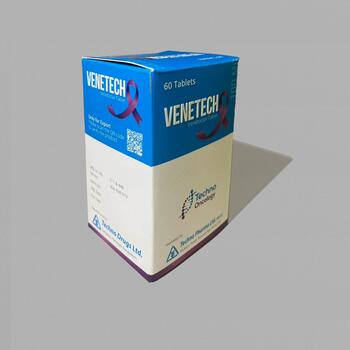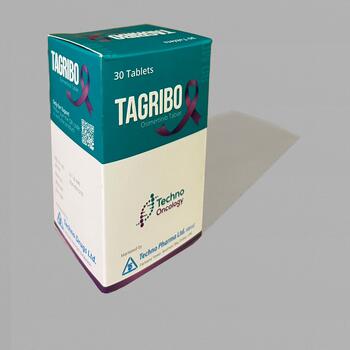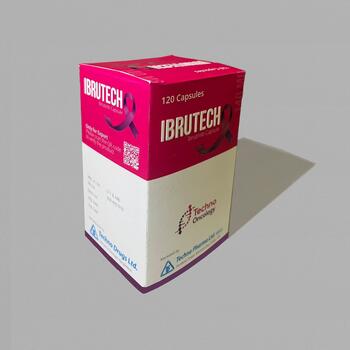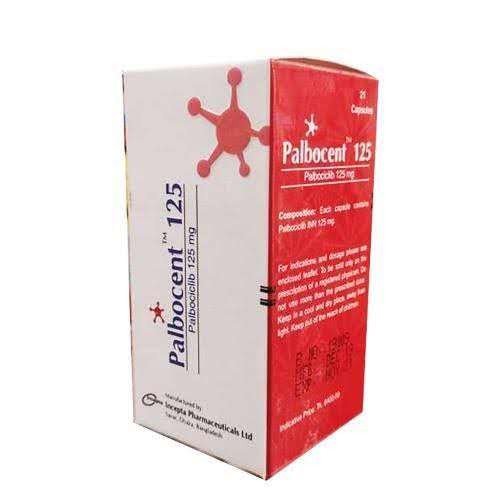厄达替尼,(Erdafitinib)5mg
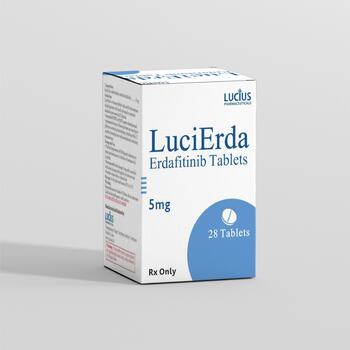
1. Composition:
The active ingredient of erdafitinib is erdafitinib, with the chemical name N-{5-[2-(2,6-difluorophenyl)ethyl]-1H-pyrazol-3-yl}-N'-(2-hydroxy-2-methylpropyl)-urea. Its molecular formula is C25H30F2N6O2, and its molecular weight is 484.55. Erdafitinib is typically formulated as a 5 mg oral tablet.
2. Pharmacodynamics:
Erdafitinib is a targeted drug for FGFR mutations or fusions. Mutations or fusions in the FGFR family are associated with various cancers, especially bladder cancer, where FGFR2 and FGFR3 mutations are more common. Erdafitinib inhibits the tyrosine kinase activity of FGFR, blocking cancer cell growth and spread, and has shown significant efficacy in cancer patients with FGFR gene alterations.
3. Usage Instructions:
The typically recommended starting dose of erdafitinib is 8 mg (two 4 mg tablets) once daily, taken either with or without food. Serum phosphate levels should be closely monitored during use as erdafitinib affects phosphate metabolism. If tolerated well and stronger efficacy is needed, the dosage may be adjusted to 9 mg daily, based on medical advice. Grapefruit or grapefruit juice, which may interact with the drug, should be avoided during treatment.
4. Research & Development History:
Erdafitinib was developed by Janssen, a subsidiary of Johnson & Johnson, targeting cancer types with FGFR gene mutations. Its approval marked a major breakthrough in targeted therapy for bladder cancer, particularly for patients who do not respond well to traditional chemotherapy or immunotherapy. In 2019, erdafitinib became the first FDA-approved treatment for FGFR mutations, representing a significant advancement in personalized therapy for bladder cancer.
5. Mechanism of Action:
Erdafitinib targets and inhibits the tyrosine kinase activity of four fibroblast growth factor receptors: FGFR1, FGFR2, FGFR3, and FGFR4. Mutations or fusions in FGFR often cause these receptors to become overactive, promoting cancer cell proliferation and metastasis. By inhibiting FGFR activity, erdafitinib suppresses cancer cell growth, induces tumor cell apoptosis, and slows or halts tumor progression.
6. Summary:
Erdafitinib is an effective targeted therapy for bladder cancer patients with FGFR gene mutations, particularly those with advanced or metastatic urothelial carcinoma. It works by inhibiting FGFR signaling to slow the growth and spread of cancer cells. Although it has shown promising results in clinical trials, its use requires careful monitoring of serum phosphate levels and awareness of potential side effects.



